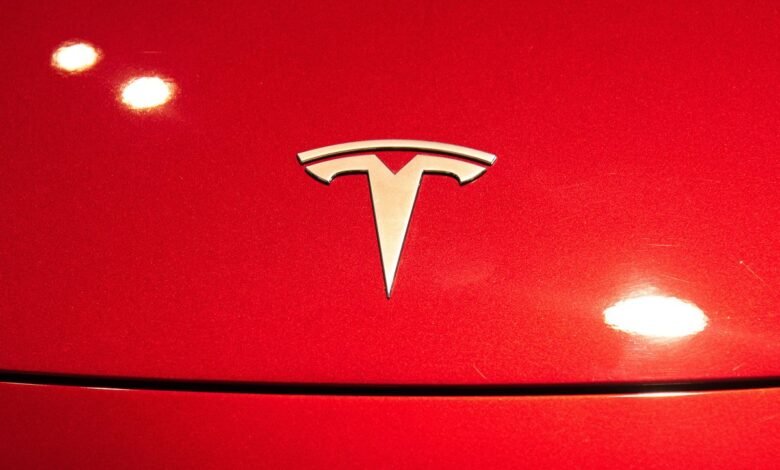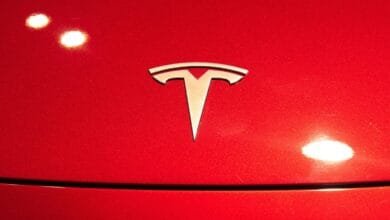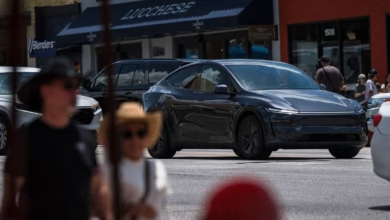Tesla Found Partly Liable in $329M Autopilot Crash Case

▼ Summary
– A federal jury found Tesla partially responsible for a fatal 2019 crash involving Autopilot, awarding $329 million in damages to the plaintiffs.
– The jury assigned two-thirds of the blame to the driver (who failed to brake) and one-third to Tesla, marking a rare legal loss for the company over Autopilot.
– Plaintiffs’ attorneys argued Tesla misled the public by promoting Autopilot for broader use than intended, despite knowing its limitations.
– Tesla plans to appeal, calling the verdict incorrect and claiming no car could have prevented the crash, while shifting blame to the driver.
– The case highlights ongoing concerns about overconfidence in Autopilot, with past NTSB investigations and Musk himself acknowledging complacency risks.
A federal jury in Miami has ruled that Tesla shares partial responsibility for a deadly 2019 accident involving its Autopilot driver-assistance system, ordering the company to pay $329 million in damages. The decision marks a significant legal setback for the electric vehicle manufacturer as scrutiny grows over the safety of its autonomous driving features.
The crash occurred when neither the driver nor Autopilot engaged the brakes in time, resulting in a collision at an intersection that killed pedestrian Naibel Benavides Leon and left her partner, Dillon Angulo, with severe injuries. The jury assigned two-thirds of the fault to the driver, who faced separate legal action, while holding Tesla accountable for the remaining third.
This case represents one of the first major rulings against Tesla regarding its Autopilot technology, which has faced criticism for allegedly overstating its capabilities. Brett Schreiber, the plaintiffs’ lead attorney, argued that Tesla knowingly allowed drivers to use Autopilot in unsafe conditions despite designing it solely for controlled highways. “Tesla turned public roads into testing grounds for unproven technology,” Schreiber stated, accusing the company of prioritizing market hype over safety.
Tesla has vowed to appeal, calling the verdict “fundamentally flawed” and insisting that no vehicle, Autopilot-equipped or otherwise, could have avoided the collision under the circumstances. The company maintains that the driver admitted fault and that the lawsuit unfairly targeted its technology.
The trial unfolded against a backdrop of longstanding concerns about Autopilot’s limitations. Federal investigators previously concluded that Tesla drivers often overestimate the system’s abilities, leading to dangerous complacency. In 2018, CEO Elon Musk acknowledged this issue, noting that drivers sometimes “think they understand Autopilot better than they actually do.”
The timing of the verdict is notable as Tesla prepares to launch its Robotaxi service in Austin, Texas, using an upgraded version of its Full Self-Driving software. Critics argue the company has yet to fully address safety gaps in its autonomous systems, despite repeated warnings from regulators.
This case could set a precedent for future litigation involving advanced driver-assistance technologies, potentially reshaping how automakers market and deploy these systems. For now, Tesla faces mounting legal and reputational challenges as it defends its vision for a self-driving future.
Editor’s note: This article has been updated to reflect the total damages awarded in the case.
(Source: TechCrunch)





